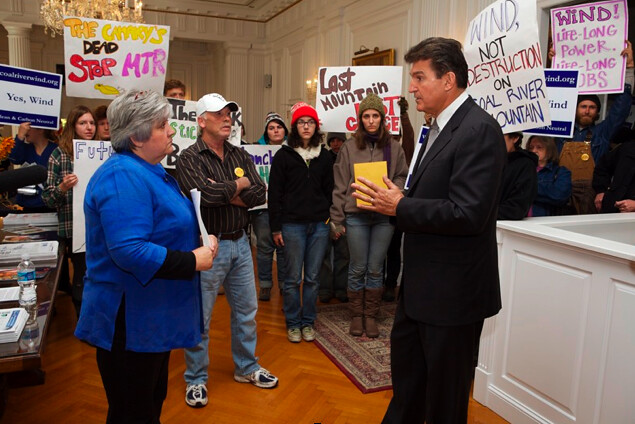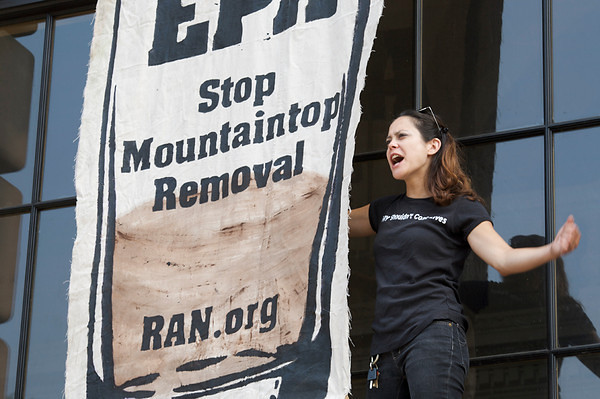 Internationally renowned author and farmer, Kentuckian Wendell Berry, has taken back personal papers he donated to the University of Kentucky. The prolific writer made the decision after his Alma Mater, where he also taught for 19 years, named a basketball dormitory the “Wildcat Coal Lodge.”
Internationally renowned author and farmer, Kentuckian Wendell Berry, has taken back personal papers he donated to the University of Kentucky. The prolific writer made the decision after his Alma Mater, where he also taught for 19 years, named a basketball dormitory the “Wildcat Coal Lodge.”
“The University’s president and board have solemnized an alliance with the coal industry, in return for a large monetary ‘gift,’ granting to the benefactors, in effect, a co-sponsorship of the University’s basketball team,” Berry explained.

Mr. Berry has penned as many as 50 books and received multiple awards for his writing. The papers at hand are 60 cubic feet in volume – extensive enough to fill around 100 boxes – and the author plans to move them to the Kentucky Historical Society in Frankfort.
The famous Kentuckian is no fan of the coal industry and staunchly opposes mountaintop removal. In a 2005 essay entitled, Not a Vision of Our Future, But of Ourselves, he wrote:
Eastern Kentucky, in its natural endowments of timber and minerals, is the wealthiest region of our state, and it has now experienced more than a century of intense corporate “free enterprise,” with the result that it is more impoverished and has suffered more ecological damage than any other region. The worst inflictor of poverty and ecological damage has been the coal industry, which has taken from the region a wealth probably incalculable, and has imposed the highest and most burdening “costs of production” upon the land and the people. Many of these costs are, in the nature of things, not repayable. Some were paid by people now dead and beyond the reach of compensation. Some are scars on the land that will not be healed in any length of time imaginable by humans.
The author goes on to say:
If Kentuckians, upstream and down, ever fulfill their responsibilities to the precious things they have been given—the forests, the soils, and the streams—they will do so because they will have accepted a truth that they are going to find hard: the forests, the soils and the streams are worth far more than the coal for which they are now being destroyed.
Click here to read his entire essay.
At present, Mr. Berry is focused on promoting Wes Jackson’s 50-Year Farm Bill (pdf) and working to stop mountaintop removal. The author was recently featured in a special issue of Solutions journal, dedicated to ideas for a brighter future in Appalachia.






 Make sure you don’t miss today’s
Make sure you don’t miss today’s 

 That’s the message the Obama administration sent last week when it proposed a new rule that would curtail pollution from coal-fired power plants in the eastern United States. According to EPA Administrator Lisa Jackson, the rule should improve air quality as far south as Texas and Florida and as far north as Minnesota and southern New England.
That’s the message the Obama administration sent last week when it proposed a new rule that would curtail pollution from coal-fired power plants in the eastern United States. According to EPA Administrator Lisa Jackson, the rule should improve air quality as far south as Texas and Florida and as far north as Minnesota and southern New England. Last Thursday, activists with the
Last Thursday, activists with the 
 Multiple reports and studies are showing how the coal industry receives billions of dollars in direct and indirect subsidies from US taxpayers.
Multiple reports and studies are showing how the coal industry receives billions of dollars in direct and indirect subsidies from US taxpayers.


